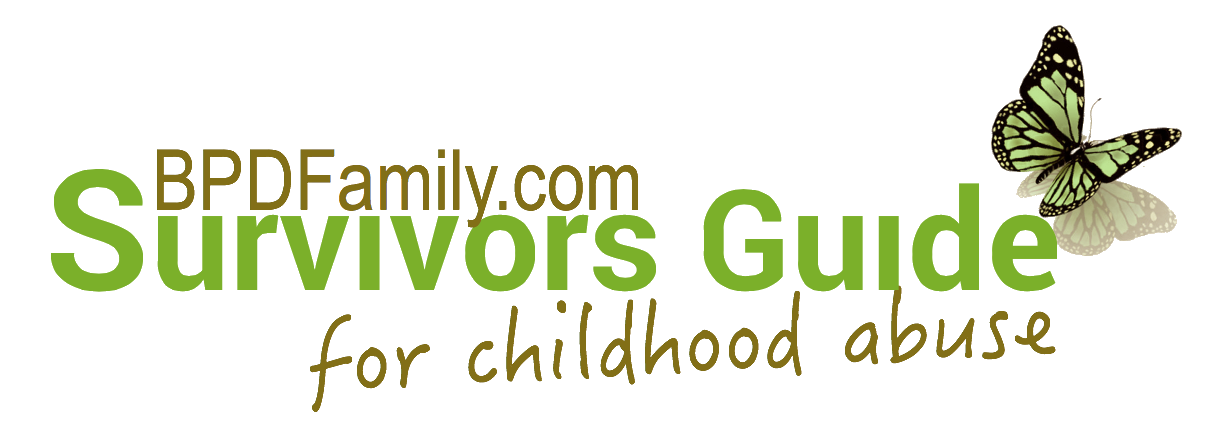 |
|
I accept that I was powerless over my abusers' actions which holds THEM responsible |
|
REMEMBERING [Step 5]: By now you know that survivors grow up believing the classic myth of child abuse: that they, not their parents or abusers, were somehow responsible for the abuse. The "justifications" for this myth are as varied as your imagination is fertile. "I let him do it to me." "I should have been able to protect myself." "I liked certain aspects of the abuse the attention, the gifts, the pleasurable sensations, the sense of being special." The child's often distorted perceptions of who was responsible are enhanced by the parents'/abusers' indictments. "I'm beating you because you are a bad boy." "I am showing you how much I love you." "I wouldn't be calling you stupid if you showed me you have more than half a brain in that head of yours." "You have the devil inside you and I'm going to beat it out of you." These words are truly toxic because they do more than simply (and unjustly) place the blame for the abuse on your shoulders. They eat away at your positive sense of self, and the lingering messages continue to do so in your adult life.
You can challenge those words of your parents/abusers that continue to echo in your mind by coming to understand your dysfunctional family and recognizing the real reasons why you were abused. This is an essential step in recovery because, without seeing that your parents/abusers were at fault, you will have difficulty in facing the remaining tasks of recovery: directing your anger away from yourself and towards them, uncovering your shame and understanding how the abuse affects your life today. Most importantly, you need to understand that you were the child and that you had neither the power nor the authority to make your parents/abusers do anything to you. The abuse was their responsibility because, quite simply, they had the greater power and they did it to you. Nothing you could have done would have changed this, because families and society are set up to give power and authority to parents (and adults in general). Children have little or no power over their abuse, or much of anything else. Besides recognizing the reality of who was responsible for the abuse, think about the following realities as well. As a child, you were not psychologically equipped to believe that what your parents/abusers were doing was wrong, much less speak out about it. Because you were dependent on them for so much, you couldn't risk alienating them by speaking the truth even if your child mind was precocious enough to make sense of the complex web of issues that comprises child abuse. Few, if any, children can do this effectively because their intellectual capacities are not sufficiently developed to do so. You desperately wanted to love them and be loved by them. It would have been foolish for you to incur their wrath and dash whatever hope of love, caring and nurturing you harbored inside. Think back to what it would have meant for you, the child, to accept that the people who were supposed to love you were actually hurting you. It's not surprising that few children can face this horrible reality, because to do so would cause them to become emotional orphans in the process, and little could be worse than that. |
© The Norma J. Morris Center, San Francisco, California